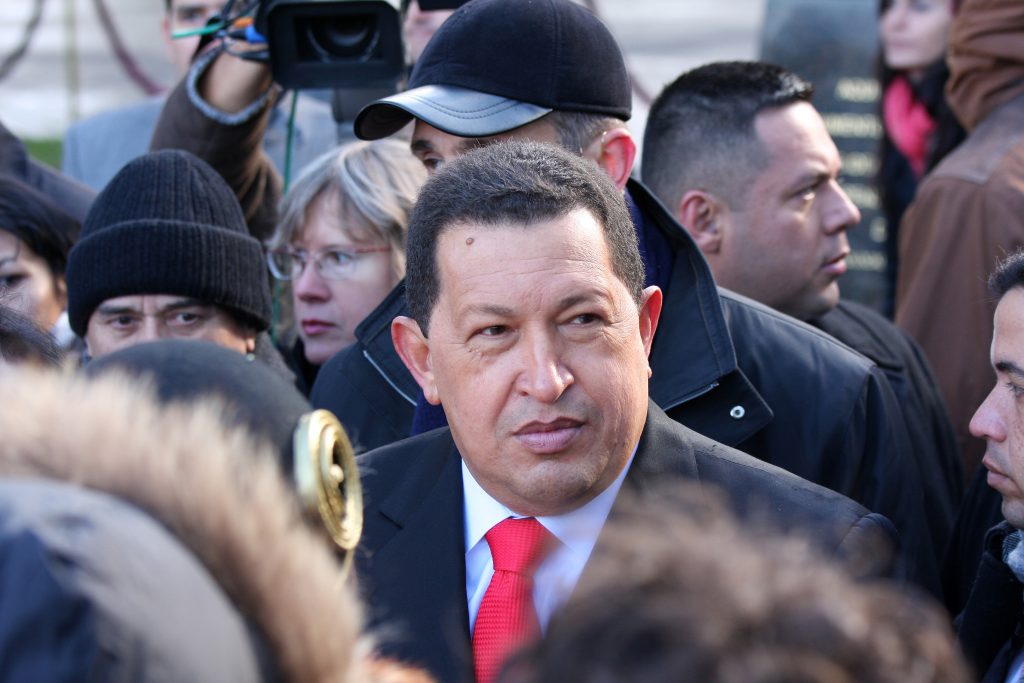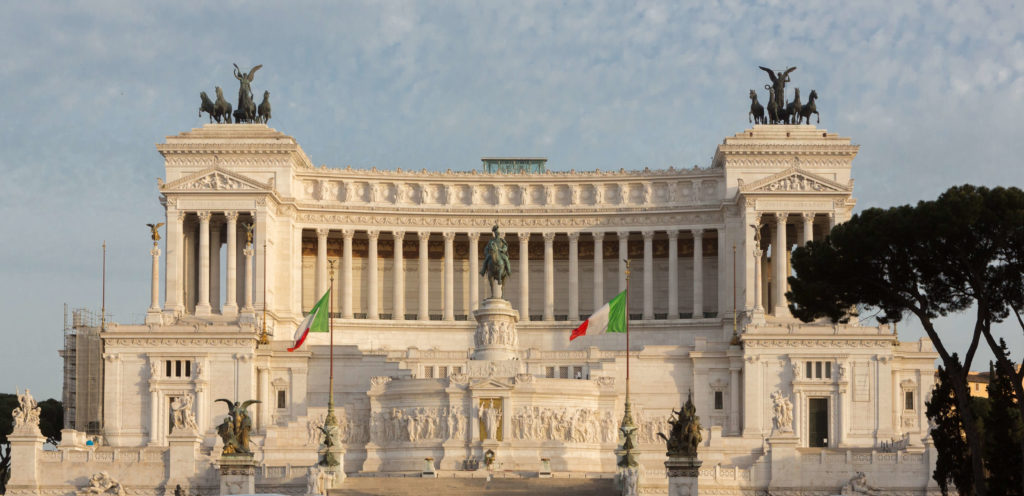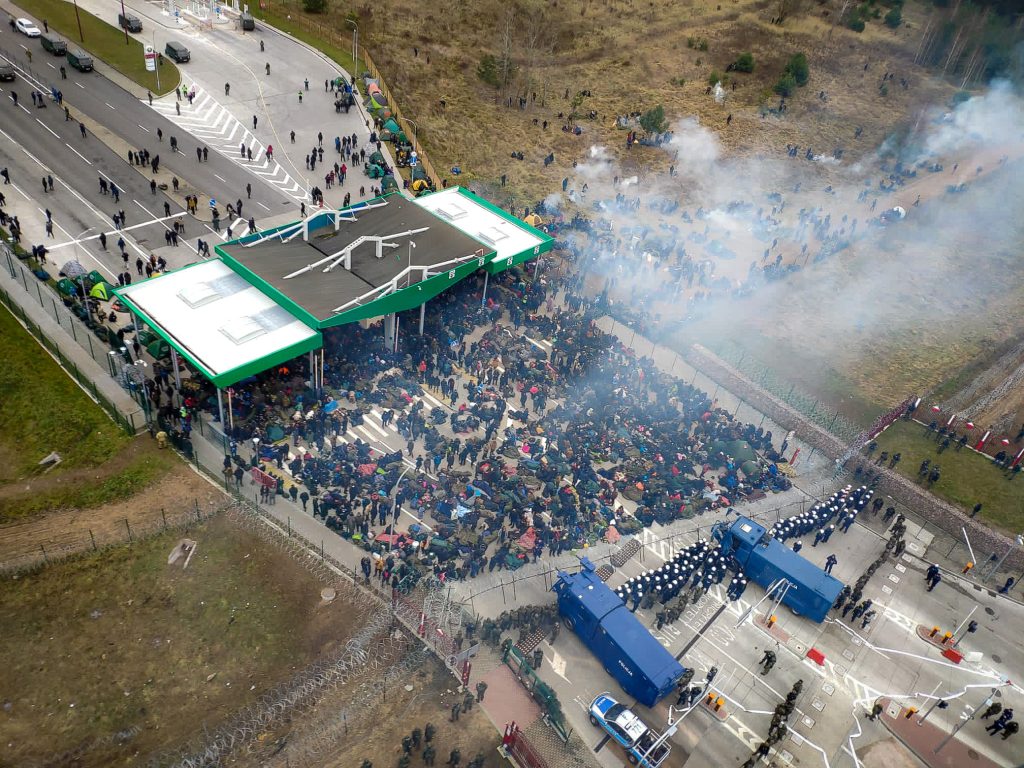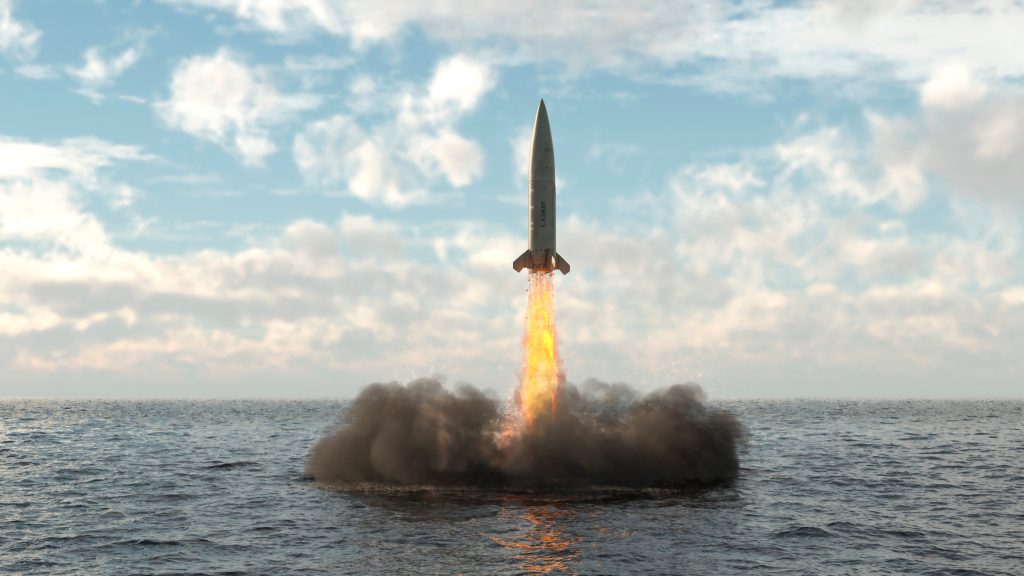Home > Brazil and Venezuela, two opposing powers of the World Order
INTRODUCTION
Brazil and Venezuela are two South American regional powers, albeit with different characteristics. Brazil, as the dominant Latin American power, can be clearly defined as an emerging great power, while Venezuela enjoys more of a middle power status. However, it was mainly the latter that aspired to play a local leadership role among the South American states. It is therefore understandable that Brazil's desire to prevent Venezuela from challenging its status as a local leader has led it to try to contain the influence of its Bolivarian neighbour. The desire of both nations is to move towards the establishment of a multipolar international order, characterised by a more balanced redistribution of power. This contradictory reality raises the following question: "Brazil and Venezuela, two powers contesting the World Order: what about their visions for the construction of a multipolar World? While Venezuela challenges the very foundations of the current international system, embodied by the structures established by the United States, Brazil's stance is more moderate: unlike Venezuela, Brazil calls for major reforms of the current global order, while keeping its current fundamental structures. The aim of this analysis is to answer the question posed to us by focusing on the theoretical concept of multipolarity in international relations, which is closely linked to that of the balance of power. The latter, observed from the realist perspective of international relations, is a research task that will include factors belonging to the liberal and identity-based perspectives.


In the first place and from the point of view of the theoretical framework, the main characteristic of the state, which dominates the international system, is the ability to threaten the existence of another state. Therefore, weaker states have to form alliances to resist the superior powers. According to the balance of power theory, these alliances in a multipolar system are not based on shared values, they are built to counterbalance the dominant power.
[...]
The theme of geopolitical and strategic alliances in Latin America is illustrated by the many changes Chavez brought about after his election in 1998. Indeed, he will seize every opportunity offered to Venezuela to counterbalance US influence in South America, but also on an international scale. The determination of the new Venezuelan president is motivated by the ideas of the Bolivarian Revolution - of Simon Bolivar, a major, albeit contrasting, player in the independence of the northern colonies of the South American continent. This ideology, whose founding principles are those of 'nineteenth-century socialism', has been the driving force behind Venezuela's independence.ème Chavez's programme of exchange is "petro-diplomacy", i.e. the building of alliances through contracts for the exploitation of Venezuelan oil by foreign companies, which is anti-capitalist and therefore anti-American. Convinced of US opposition to the "Bolivarian Revolution", Chavez implemented a policy of transforming the established order of global governance, as we still know it today, into a multipolar world. The president's objective is to confront economic neo-liberalism and globalisation as a means of achieving it, in fineto actions against American interests.
[...]
Brazil, on the other hand, pursued a pragmatic, moderate policy, yet determined to establish a multipolar world in which the United States is an ally like any other. This point is crucial as it marks the ideological break between anti-American Chavism and the Brazilian position. Indeed, Lula, the workers' president of Brazil at the time, was anti-liberal, the founder of the Workers' Party, with no links to the communists or the social democrats, whose programme was entirely oriented towards the fight against the superpower and the hegemony of the dominant economic model on the planet. Lula da Silva's vision is based more on cooperation between countries opposed to the domination of the established order than on a doctrinal and ideological struggle such as that proposed by Chavez. Lula's aim will be to forge normal diplomatic and commercial links with Washington. This desire for appeasement will continue to be maintained by the Rousseff administration.
The lack of means necessary to transform the international system in order to put an end to the domination of the United States, leads Venezuela and Brazil to practice the policy of 'soft balancing' against the latter. This 'softer' form of traditional 'power balancing' seeks to increase the costs for the superpower through a series of diplomatic actions. For Venezuela, as presented in the course of this analysis, this translated into systematic opposition to any form of cooperation (in the field of narcotics, for example), the creation of alliances with countries that are ideologically close (Belarus, Cuba, Iran), by putting up obstacles in international forums (parallel organisation of anti-American summits), by formulating counter-proposals (the establishment of ALBA) and by playing on diplomatic tensions (negotiations with Russia on the deployment of missiles on Venezuelan territory, for example). All of Venezuela's actions were guided by the Bolivarian revolutionary ideology. As far as Brazil was concerned, its vision of building the multipolar world was indeed different. It did not base the international political principle of 'soft balancing' on an ideological system. Pursuing its interests pragmatically, Brazil knew that it could not exclude its powerful North American neighbour from its strategies. Therefore, it used various economic, institutional and diplomatic tools in order to reform the rules of the established order. Thus, Brazil did not challenge the foundations of this international system, such as free markets or democracy, on which it developed its power. Its approach consists of developing multilateral partnerships with all the actors on the international scene. It remains to be seen whether the visions of a new world order according to President Lula and President Chávez will find continuity in the policies of Dilma Rousseff and Nicolás Maduro.
© 2022 All rights reserved by BRAUN



